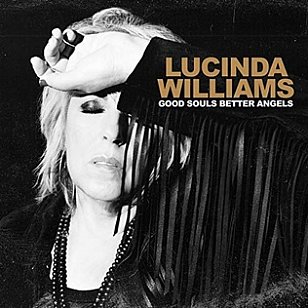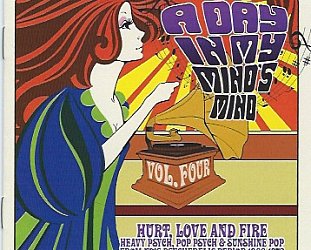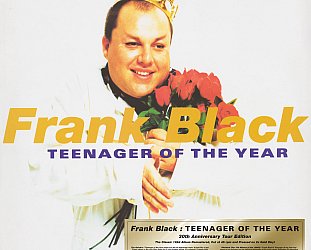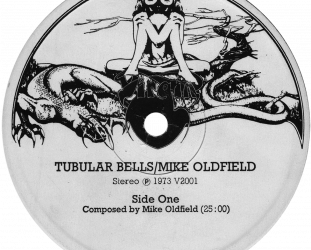Graham Reid | | 1 min read

Artists who build a vast catalogue can fall victim to their own productivity.
At what point do you feel you have exactly the right number of albums by Van Morrison, Neil Young or Elvis Costello in your collection?
Or Steve Earle or Lucinda Williams?
Williams has more than 15 albums to her name (one a double) and with almost half of them being essential you'd think her audience might be bailing on the 67-year old about now.
“Yeah, I got about 10 by her, do I need another?”
Elsewhere didn't review a couple of the more recent ones, including the album with jazz saxophonist Charles Lloyd, which was odd given we have an affection for him too.
But to be frank, her increasingly slurred delivery started seem like an affectation on some material.
She maintains that manner on this album but the settings are much more hard-edged as she drives these tough-minded songs with gritty blues-rock, cold and white-heat fury in places, and some very specific targets in her sights: you wouldn't want to be her Man Without a Soul, even if you were the president.
When she pulls right back into slow country-blues there is the chill wind of fate, fear and the possibility of death (Big Black Train), and as she has done previously she looks back to bad men and an abusive relationship (the acidic energy of Wakin' Up “from a bad dream . . . he fucked me up”).
The devil walks here and needs to be prayed back to hell, her guitar playing is sometimes hot-wired electrostatic and this is an album of Bad News Blues, Shadows and Doubts (the media revealing accusations against a man), Bone of Contention and Down Past the Bottom.
Lucinda Williams has rarely disappointed but this time out – and she challenged many times before – she's throwing down a gauntlet in songs which seethe and throb with anger, are cut across by abrasive guitars, have stark and menacing lyrics addressing these dislocating times where friends have died while we're in isolation and the mad jester struts the stage crying out for attention.
There are glimmers of hope and a hand held out (When the Way Gets Dark) but most of these 12 songs are presented on a savage, troubling and incisive album for these strange, troubling and divisive days.
There are interviews and Lucinda Williams album reviews at Elsewhere starting here.
You can hear this album on Spotify here.





post a comment